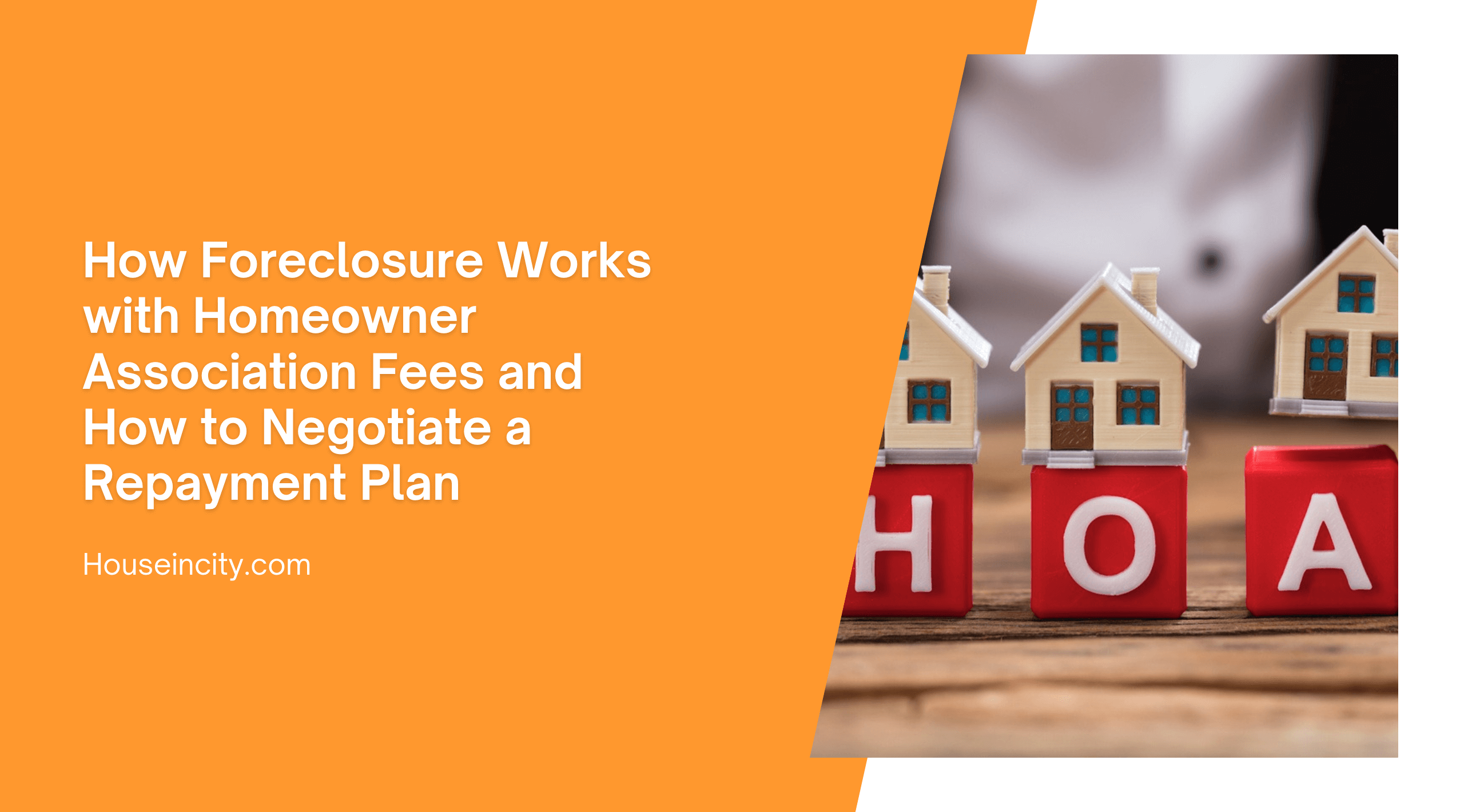Many condo owners wonder what happens with the past HOA fees once the lender has already foreclosed on their home. Collectors will call and try to collect these fees by making threats of liens, judgments, and garnishments. If you’ve already been through foreclosure, is this something you need to worry about?
This has been a very big problem with condo associations, because they are virtually last place in line when a home goes into foreclosure. Their collection methods are getting increasingly more extensive and they are trying to establish new rules of collecting the money that is owed. Condo associations are struggling nationwide, because there is no good method of getting the money they are owed once a home is lost to foreclosure.
Condo associations have the ability to foreclose on a property for lack of payment, but in most cases, if they ever want a chance of recovering their lost money, they would need to buy out all the other liens on the property. Because our real estate market is still in the process of recovery, this would likely only cause the association more loss.
Although the rules and laws are different in each state and for each foreclosure situation, it’s safe to say that condo associations are almost always out of luck! Unfortunately, this is usually the case for all lien holders, other than the first. The home is the only asset that can be sold to cover all liens on a home and in most cases, this is not even enough to cover the first. Even in states where deficiency judgments are allowed, most secondary lien holders end up with nothing.
When a condo goes into foreclosure, the past due HOA fees can either be collected from the previous homeowner, or from the new buyer of the property. Since the last owners don’t have any money, and the first lien holder usually takes a loss, there is really no one for them to collect the fees from. Nearly all lenders reject requests to pay past association fees, so the must try and collect from the homeowner.
Since the homeowner contractually agreed to pay the fees, they are still required to repay them, but there is little to no recourse when the homeowners can’t pay. Not paying the fees may hurt the homeowners credit, but since they just experienced a foreclosure, it would likely have little to no effect on the already reduced score.
Other than a few threatening letters and nasty phone calls, homeowners have very little to lose when not paying these past fees. Even though collectors may lie and threaten to garnish wages, or take retirement funds, this just isn’t true. Even if they were legally allowed, there are very few courts in our country that would allow this type of action to repay HOA fees.
If you are facing foreclosure, or have lost your home to foreclosure, then your best hope to avoid any problems is to negotiate a repayment plan on a partial balance. In this situation, a 25% settlement should be more than acceptable for the association and you can pay it back over time. If they don’t accept this type of offer at first, they may just need time to realize that it’s their only option.
Good luck with everything and hopefully this information helps you get your life back on track after foreclosure!
